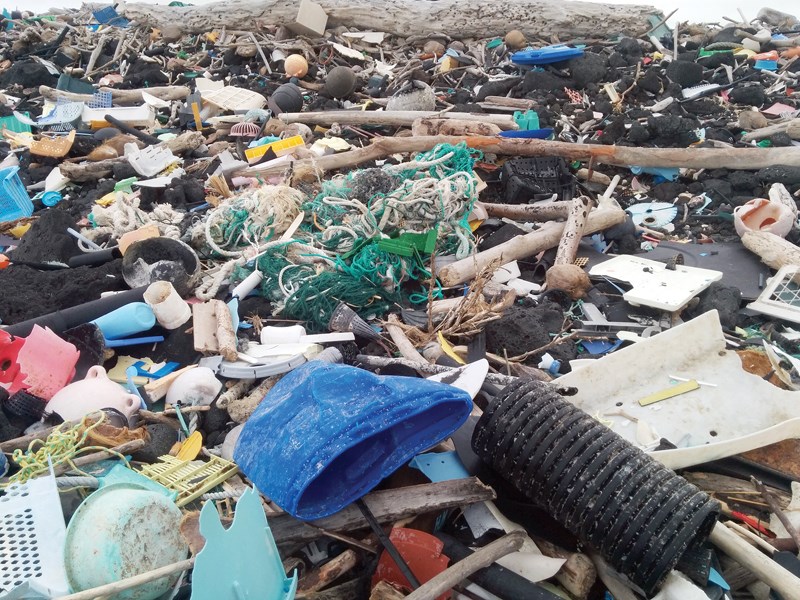What happens to a plastic drinking straw after its brief moment of glory? Every year, 175 billion straws litter the planet, which begs the question, do straws suck?
The seemingly innocent straw is often among marine debris that washes up on coastlines around the globe. As these flimsy tubes break apart, they become a deceptively tasty-looking treat to marine life.
Plastic debris is responsible for 500 million marine deaths every year, according to the Surfrider Foundation. This blur of stats does not always hit home or change people’s habits, but when a graphic, eight-minute YouTube video of scientists prying a straw from a sea turtle’s nostril went viral, the world took note. Soon, people began to question the necessity of the ubiquitous straw and campaigns to ban them took off.
One BC town took on the challenge to ban straws in March 2016 and by Earth Day on April 22 that year, all 41 local businesses had voluntarily given up plastic straws.
Across Canada, many businesses are making this choice, including some in Powell River that are using paper straws, or only offering straws when customers request them. Seattle is going plastic straw-less come June 2018.
Originally, straws were made of paper or rye and used mostly to stop the spread of diseases such as polio. In modern times, they are often marketed as a drink’s accessory or child’s plaything. If this article is the straw breaking the back of your bad habit, here is what you can do:
1. Tell your server, “No straw, thanks.”
2. If you are a business owner, offer only paper straws and only upon request. Biodegradable plastic straws are not recommended; they are not recyclable, do not break down in backyard composters and are not permitted in our local composting pilot programs.
3. Invest in a bamboo, glass or stainless steel set of straws for your household and bring them with you everywhere.
Still not convinced? According to experts, straws affect the taste of drinks, narrowing the ability of the tongue to experience flavour and texture, and the nose to experience aroma. Up your taste and your care for the earth and join the “straws suck” movement.
Let’s Talk Trash is Powell River Regional District’s waste-management education program.



